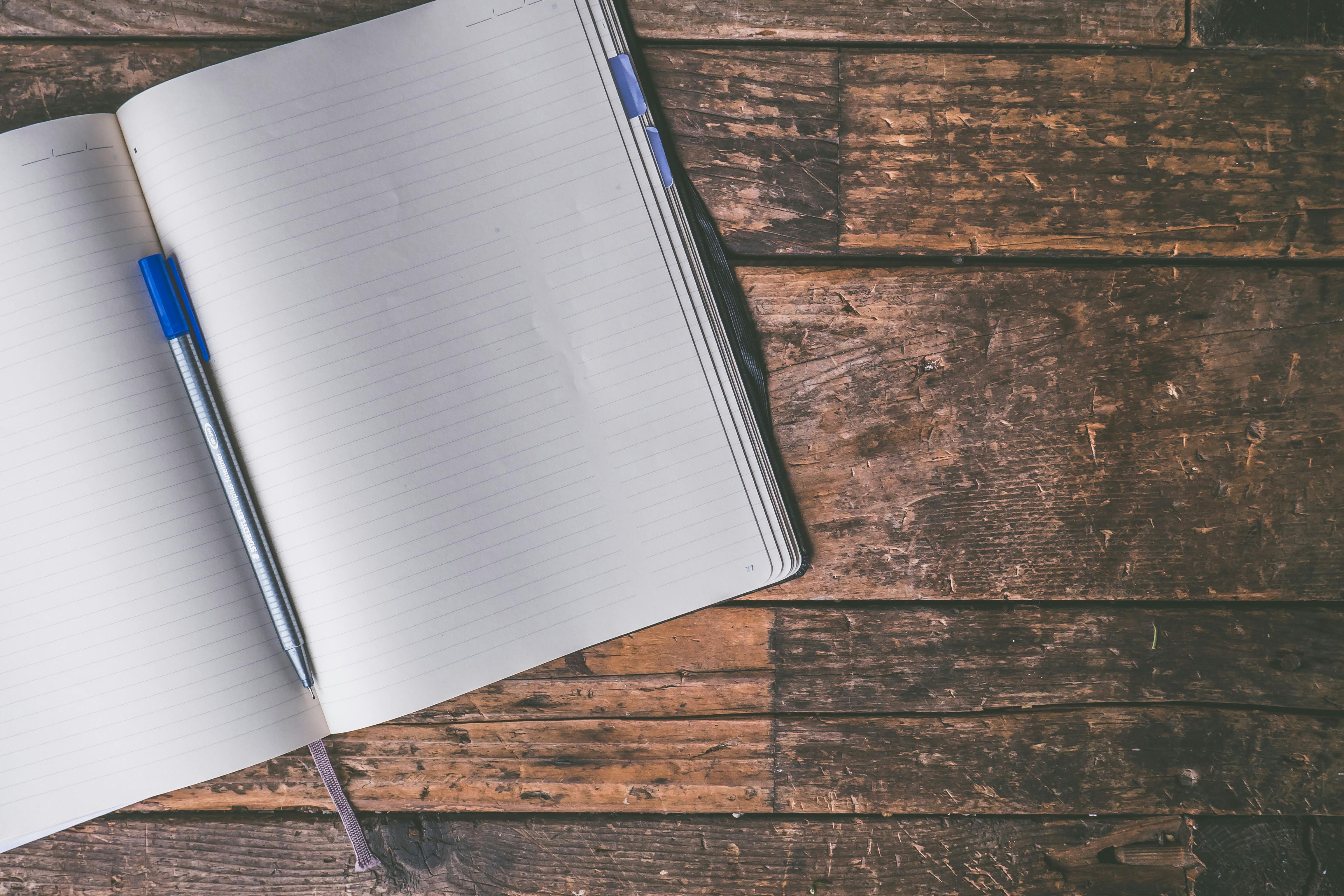Small daily routines that boost energy, focus, and long-term wellbeing — practical, science-backed, and easy to start today.
Introduction
How you begin each morning sets the tone for the entire day. A well-designed morning routine is one of the highest-leverage habits you can build — it reduces decision fatigue, improves mood, and increases productivity. This guide walks you through practical, evidence-based morning habits that any busy person can adopt and keep long-term.

Why Morning Habits Matter
Morning habits matter because they anchor your day. Habits implemented early tend to cascade into better choices later. They are mental scaffolding — when the important decisions are made early, you reduce the mental load for the rest of the day.
Researchers show that routines increase willpower effectiveness and reduce stress. The secret is designing small, repeatable habits that deliver outsized returns over weeks and months.

1. Wake Up at a Consistent Time
Keeping a consistent wake time — even on weekends — stabilizes your circadian rhythm. That improves sleep quality, daytime alertness, and mood. If you currently wake erratically, shift by 10–15 minutes every few days until you reach your target time.
How to make it stick
- Set a realistic bedtime to support the wake time.
- Use a single alarm and place it out of arm’s reach.
- Expose yourself to morning light within the first 30 minutes.

2. Hydrate Immediately
Your body is mildly dehydrated after sleep. Drinking 250–500 ml of water right after waking helps kickstart metabolism, reduce morning fog, and support digestion.
Simple habit
- Place a glass or bottle beside your bed before sleeping.
- Drink water first thing — add lemon if you like flavor.
- Continue sipping throughout the morning rather than waiting until later.

3. Practice Gratitude or Quick Journaling
Spending 3–5 minutes writing down 2–3 things you’re grateful for shifts attention away from negativity and primes your brain for a productive day. Alternatively, jotting a short journal entry clarifies priorities and reduces anxious rumination.
Prompt ideas
- Three things I’m grateful for today.
- One small win from yesterday.
- The single most important thing I’ll do today.

4. Move Your Body: Stretch, Walk, or Workout
Light movement in the morning increases blood flow, improves posture, and reduces stiffness. Even a 10–15 minute routine — stretching, yoga, or a brisk walk — raises energy and mental clarity.
Quick routines you can do
- 5–10 minutes of dynamic stretching (neck, shoulders, hips).
- 10-minute brisk walk around the block.
- Short bodyweight circuit: 2 rounds of 10 squats, 10 push-ups (or incline push-ups), 30s plank.

5. Eat a Balanced, Nourishing Breakfast
Breakfast stabilizes blood glucose and provides fuel for cognition. Aim for protein, healthy fats, and fiber-rich carbs. Examples: Greek yogurt + berries + nuts, steel-cut oats with seeds, or eggs + vegetables + whole grain toast.
Easy breakfast templates
- Smoothie: spinach + banana + protein + seeds.
- Overnight oats: oats + milk + chia + fruit.
- Egg bowl: scrambled eggs + sautéed greens + avocado.

6. Mindfulness, Breathwork or Short Meditation
10 minutes of breath-focused practice reduces cortisol and enhances focus. If you’re new, guided meditations (5–10 minutes) are an excellent starting point. Breathwork practices such as box-breathing (4-4-4-4) are simple and effective.
Beginner routine
- Sit comfortably for 2–3 minutes and notice your breath.
- Practice 5 cycles of box breathing: inhale 4s, hold 4s, exhale 4s, hold 4s.
- Finish with 1 minute of setting a single intention for the day.

7. Plan Your Most Important Tasks (MITs)
Choose 1–3 MITs (Most Important Tasks) each morning. Focused priority-setting prevents the day from being hijacked by shallow tasks and reactive emails.
Simple planning method
- List top 3 tasks that will move the needle.
- Block time in your calendar for deep work on task #1.
- Use timers (Pomodoro) to protect focus blocks.

8. Delay Social Media and Email
Jumping into email or social media first thing leads to reactive behavior and stress. Try to delay checking notifications for at least 60–90 minutes and use that window for high-value habits instead.
Practical tips
- Turn off push notifications at night.
- Use a single tab/window for scheduled email checks.
- Create a “no-screen” morning ritual for the first hour.

9. Read or Learn Something New
Use morning brain energy for learning — read a chapter, listen to a short podcast, or practice a language. Small daily learning habits lead to significant skill growth over months and years.

10. Keep It Simple and Consistent
Start small. Pick two or three habits and do them consistently until they feel automatic. Perfection is not required — progress through repetition is.

Build a 30-Day Morning Routine
Here is a practical 30-day plan to adopt these habits without overwhelm. The idea is to layer habits gradually and track progress.
Week 1 — Foundations
- Wake up at a consistent time.
- Drink 1 glass of water first thing.
- Write 3 things you’re grateful for (1–2 minutes).
Week 2 — Add Movement
- Add 10 minutes of stretching or walking.
- Continue hydration and gratitude.
- Plan one MIT each morning.
Week 3 — Nutrition & Mindfulness
- Introduce a balanced breakfast 4 days/week.
- Start 5–10 minutes of guided meditation.
- Delay social media for 90 minutes.
Week 4 — Optimize & Reflect
- Track your routines in a simple habit tracker.
- Refine timing to match your life and energy cycles.
- Celebrate small wins and adjust as needed.
Repeat and refine. The goal is not to do every habit perfectly, but to form a consistent, customizable morning framework you can keep for life.
FAQ — Common Questions
Q: I’m not a morning person — can I still benefit?
A: Yes. You don’t have to wake at 5AM to benefit. The key is consistency and choosing a start time that fits your life. Even small habits performed consistently work.
Q: I travel a lot — how do I keep the routine?
A: Keep core elements portable: hydration, 5–10 minutes of movement, and a short gratitude or planning ritual. Use sleep-friendly practices to cope with jet lag.
Q: Which habits should I prioritize first?
A: Start with consistent wake time, hydration, and setting one MIT. Once those are automatic, layer in movement and mindfulness.
Conclusion — Small Habits, Big Gains
Healthy morning habits are a high-return investment in your daily life. They reduce stress, increase clarity, and create momentum. Pick a few to start, be patient, and focus on repetition.
If you want, I can customize a 30/90 day plan based on your schedule and goals — tell me whether you prefer quick energy boosts, weight-loss friendly mornings, or productivity-focused routines and I’ll draft it.


